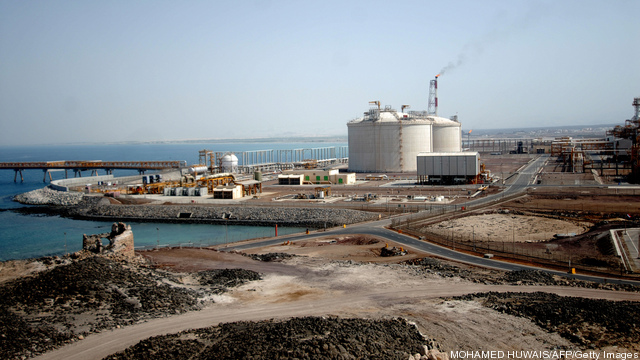
New England’s dependence on fuel oil for heating is putting the region in the energy crosshairs this winter, with the average heating oil price projected to hit a record $3.81 per gallon.
The National Oceanic and Atmospheric Administration (NOAA) says it currently looks like the US winter will be slightly warmer than normal, but not nearly as warm as last winter in much of the nation. Keep reading →





 Organic Rankine Cycle Biomass Power System
Organic Rankine Cycle Biomass Power System

‘Delta Boys’: An Energy Documentary Review
By Jared AndersonMany oil and gas analysts know Nigerian energy fundamentals like backs of their hands, effortlessly rattling off statistics like the country’s 2.4 million barrels per day of 2011 oil production accounted for about 3% of the world’s total or the fact that Nigeria was tied with Australia as the world’s fourth largest LNG exporter that same year. And the soon-to-be released documentary “Delta Boys” begins much the same way, identifying Nigeria’s place in the global oil and gas producer hierarchy.
However, few analysts truly comprehend the situation as it exists on the ground. The same goes for the millions of news consumers worldwide that follow the complex web of human rights, environmental, political, economic and energy supply issues that pulse throughout the resource-rich region. Keep reading →